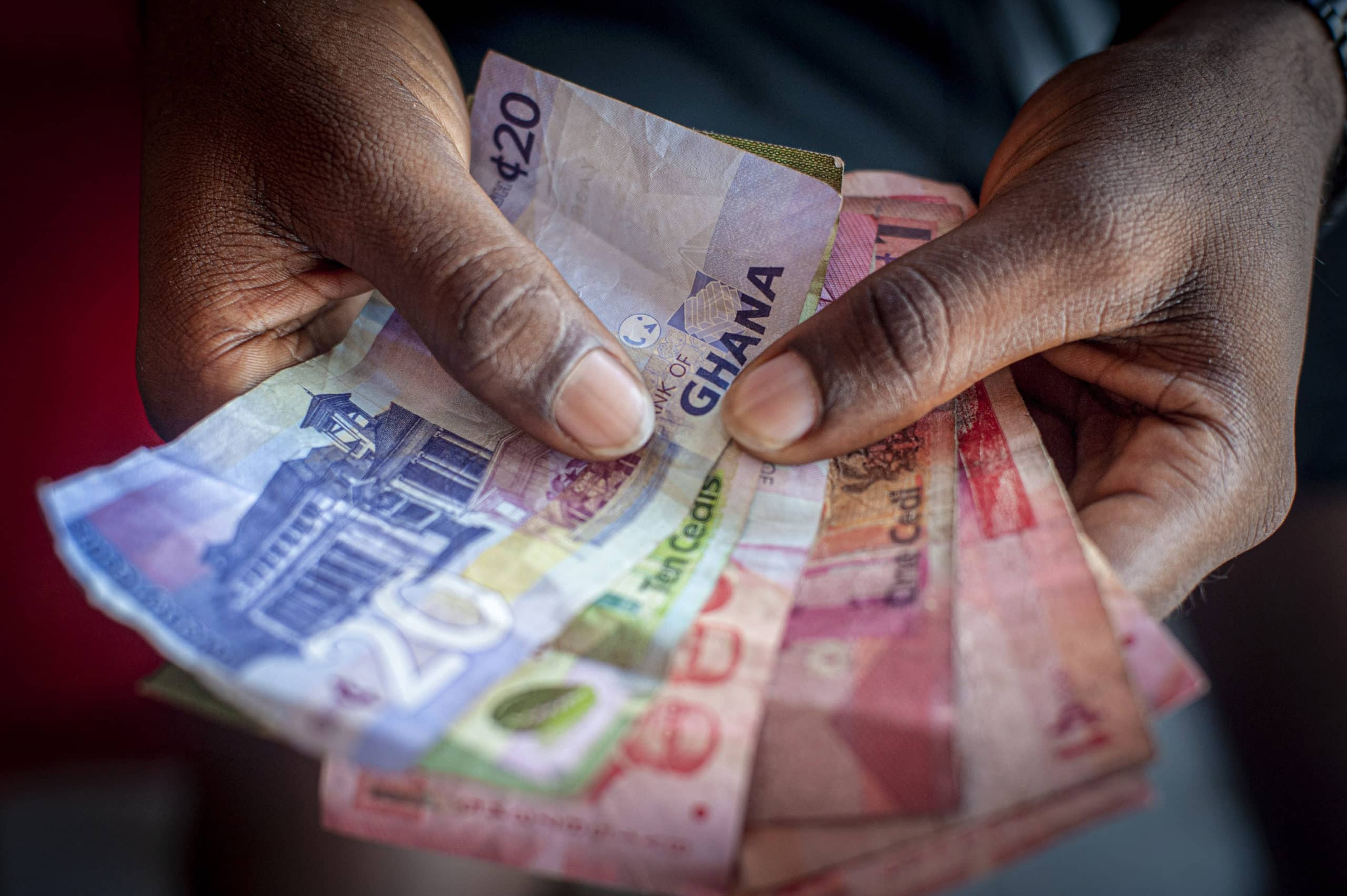Ghana’s plethora of economic battles include the depreciating cedi, the ongoing IMF negotiations, cuts in government expenditure and salaries to free up funding, and businesses closing doors.
Ghana’s economic prospects have been a mixed bag of emotions in recent years. Lauded globally for its handling of the marauding Covid-19 virus which saw fewer fatalities in contrast to the rest of the world, Ghana’s economy bounced back in a remarkable feat reaching 5.4% growth in 2021, a stark contrast from the 0.5% it recorded in 2020 at the height of the pandemic.
Not only that, the last quarter of 2021 saw a further growth of 7% and once again, President Nana Akufo-Addo’s economic management was celebrated globally amidst a background that saw decimated economies all over Africa.
But earlier this year, despite Ghana’s position as the world’s second-biggest cocoa producer, its currency was adjudicated the worst performing currency (cedi) slumping to a more than 45% loss, the worst among over 140 currencies tracked by Bloomberg. To make matters worse, inflation, which currently stands at an unbelievable 34% according to the Bank of Ghana has all but eaten away people’s incomes with millions of Ghanaians struggling to make ends meet.
“We are in a crisis, I do not exaggerate when I say so,” said the president in a televised address to the nation on Sunday, October 30, admitting to a fragile economy.
“I cannot find an example in history when so many malevolent forces have come together at the same time. But, as we have shown in other circumstances, we shall turn this crisis into an opportunity to resolve not just the short-term, urgent problems, but the long-term structural problems that have bedevilled our economy.”
The situation is so dire that calls for the country’s finance minister, Ken Ofori-Attah, to step down has intensified, inviting reactions from various political observers.
“Against all the clear public wails of the majority of your people, you continue to hold on to a job you’ve woefully failed at and leading a process you don’t believe in [going to the International Monetary Fund] after failing to properly introduce a new tax line, e-levy and borrowing us out of the international financial market,” comments Nana Aba, a leading political broadcaster in Ghana.
How bad is the crisis?
According to the president, Ghana has the highest inflation in the past 40 years, the steepest depreciation in the cedi to the US dollar over the past 30 years, the highest rise in cost of living over a generation, the fastest rise in interest rates for over 20 years, the highest rise in government borrowing in over 50 years and the greatest threat of unemployment in peace time; with over a hundred million people being pushed into extreme poverty.
And invariably, this has also had a knock-on effect on businesses in Ghana.
“With the current global and domestic economic crisis, the cost of ingredients has sky rocketed far beyond our imagination. Current food prices unfortunately no longer make sense for us to sell based on the business model under which we operate. We refuse to drop the standard of ingredients and as such on November 1, we made the difficult decision to close our doors,” says Frank Apaloo, the owner of a restaurant in Ghana.
Like him, many startups that started delivery services as a means to survive during the Covid lockdown are now shutting down due to the economic downturn.
The country’s hope for a turnaround lies in the ongoing negotiations with the IMF to seek financial support, which only began in July this year after foreign investors dumped its debt and protests erupted on the streets of Accra, according to Reuters.
President Akufo-Addo believes that talks are at advanced stage and going well and the loan facility is estimated to close by the end of the year.
In the meantime, he is hoping that addressing the nation regularly on television – what has become popularly known ‘as my fellow Ghanaians’ – along with a 30% cut in discretionary expenditure and 30% cut in the salaries of the President, Vice President, Ministers, Deputy Ministers and political office holders, will be enough to stem the growing unrest reportedly slowly bubbling under the surface of the country’s deteriorating economy.
